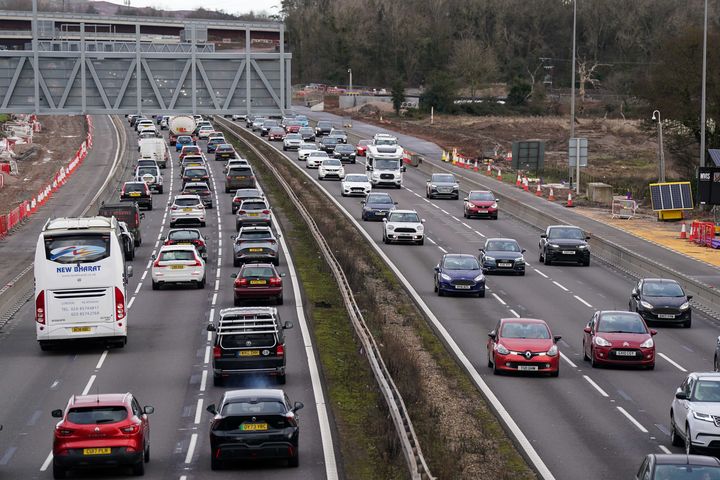
(Bloomberg) — Britain’s economy contracted for a second straight month in October as consumers braced for a painful budget, extending a disappointing run of growth figures under Prime Minister Keir Starmer’s new Labour government. Gross domestic product slipped 0.1% following a 0.
1% contraction the previous month, the Office for National Statistics said Friday. Economists had expected a 0.1% gain.

The pound fell. It means the economy has only grown in one of the four months since Labour took power, compounding a shaky start since their landslide victory in the July 4 election. Services flatlined for a second month in October, while manufacturing and construction output declined.
Labour has promised to improve living standards and boost growth to the highest in the Group of Seven on a sustained basis — a pledge economists see as ambitious. However, the new administration faces an uphill battle, with the jobs market cooling, mortgage and energy costs rising, and businesses threatening to pass on a huge payroll-tax increase by raising prices for consumers and cutting jobs. A separate survey Friday showed consumer confidence remained subdued in December.
The economy has shown no growth since the election. Moreover, headwinds from abroad may build next year if a full-blow trade war triggered by Donald Trump returning to the White House weakens the global economy. A big drag on the economy was consumer-facing services where output tumbled 0.
6%, including a 2% decline in pubs and restaurants. It suggests that households tightened their belts, possibly fearing a squeeze from the budget. They were later largely spared most of the £40 billion ($50.
6 billion) of tax hikes with businesses shouldering the burden. In a statement, Chancellor Rachel Reeves acknowledged the figures were disappointing and said the government “is determined to deliver economic growth as higher growth means increased living standards for everyone.” The economy has slowed sharply since Starmer took office, expanding just 0.
1% in the third quarter after outpacing all of its G-7 peers in the first half with a 1.2% surge. The fall in GDP in October will raise questions over the fourth quarter as a whole.
Forecasts are for growth of 0.3% to 0.4%, with a similar pace being maintained over the next two years.
.











